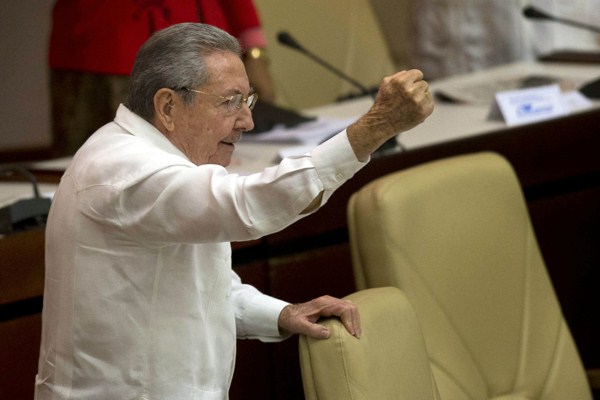If the changes to the 53-year-old embargo on Cuba announced by U.S. President Barack Obama last month were contentious, implementing them will not be smooth either. To be sure, U.S. public opinion, even among younger Cuban-Americans, has shifted against the embargo, and private sector groups, especially agribusinesses that have lost market share in Cuba to Brazilian competitors, has become more organized and vocal in urging the president to exercise his authority to change the embargo. But there is still the shrill, organized contingent of hardline, pro-embargo Cuban Americans who continue to denounce the actions, led in Congress by two senators, Marco Rubio and Ted Cruz, with presidential aspirations in 2016.
With the highest-level U.S. delegation to Cuba in 35 years beginning two days of talks in Havana today, there are also the complications of dealing with the Cuban government itself. Despite turning over USAID contractor Alan Gross after holding him for five years on trumped-up charges of espionage and this month releasing 53 political prisoners, the Cuban government still maintains tight limits on basic freedoms, including of speech and association. Nor will the enmity and distrust between the two countries be resolved by the 20 or so agreed-upon measures easing the embargo. Those include provisions for U.S. companies to export and update telecommunications equipment and enter into roaming agreements with Cuban providers; to allow U.S.-issued credit cards and debit cards to be used in Cuba; to permit U.S. companies to sell directly to the growing segment of Cuban non-state enterprises and private agricultural cooperatives; to streamline the financing of U.S. agricultural export to the island; and to open up 12 categories of travel for general licenses, dramatically loosening the past restrictions limited to education and cultural exchange.
But the greatest and boldest move was Obama’s call to start discussions with the Cuban government to normalize diplomatic relations, including opening embassies and exchanging ambassadors.

